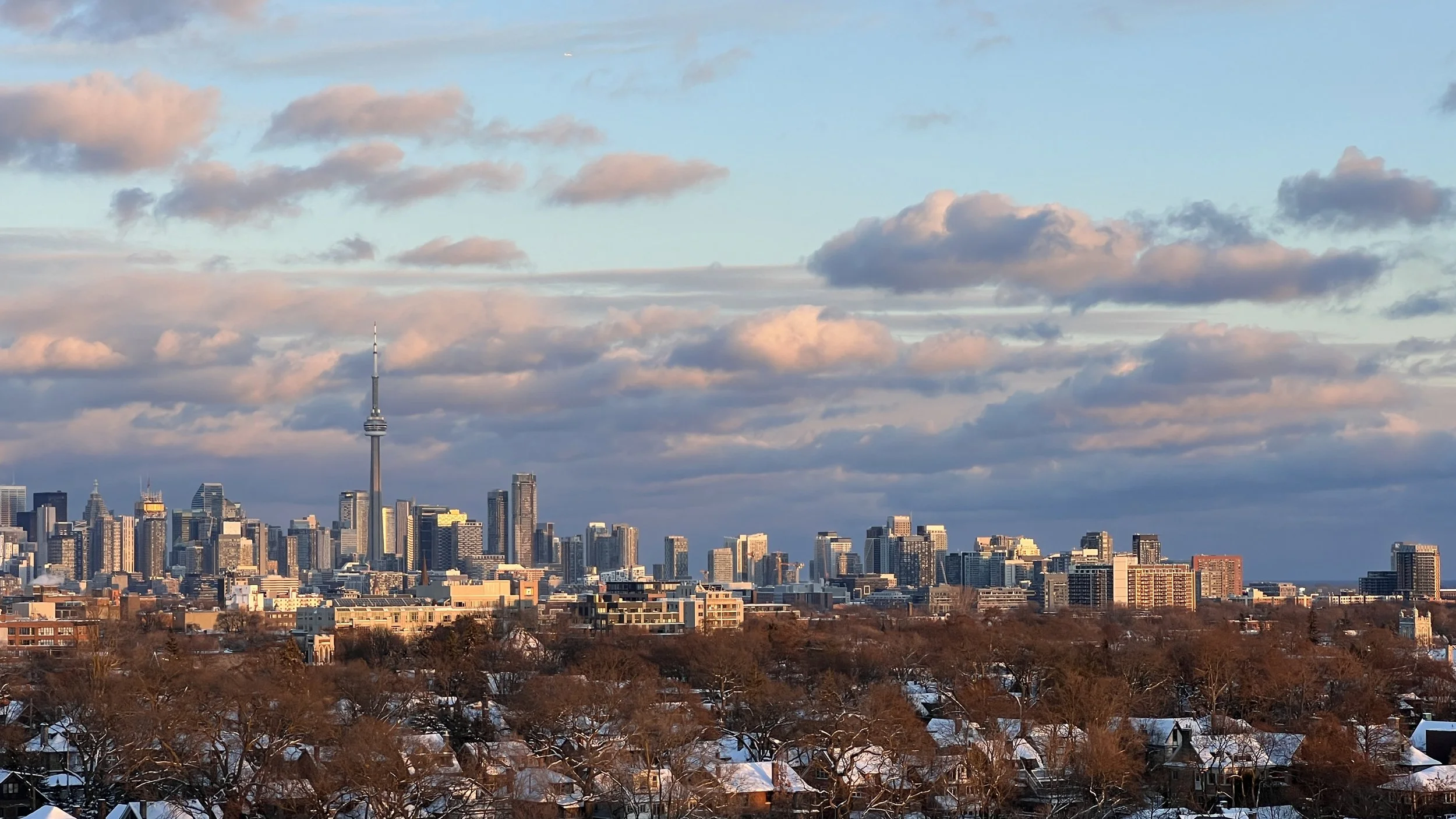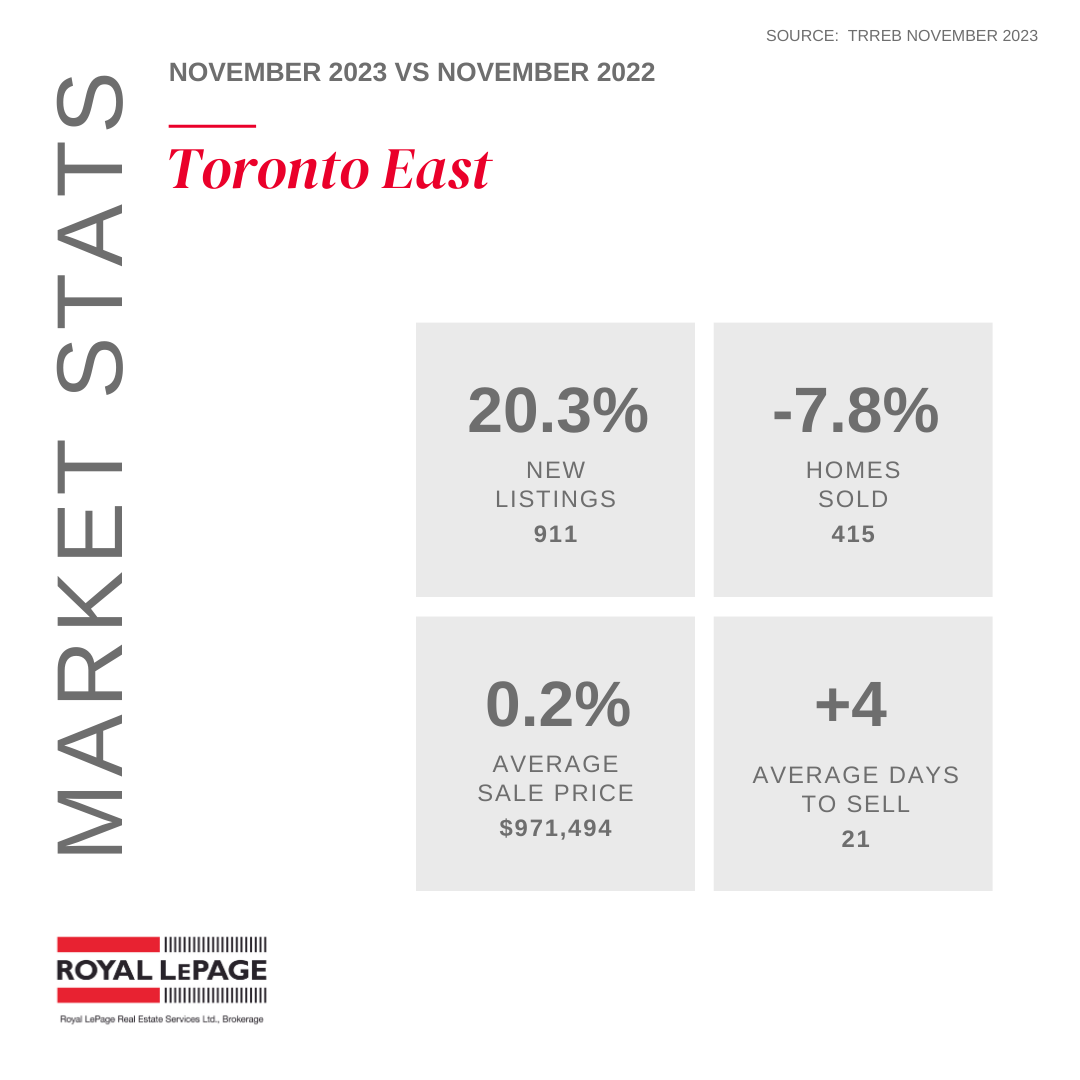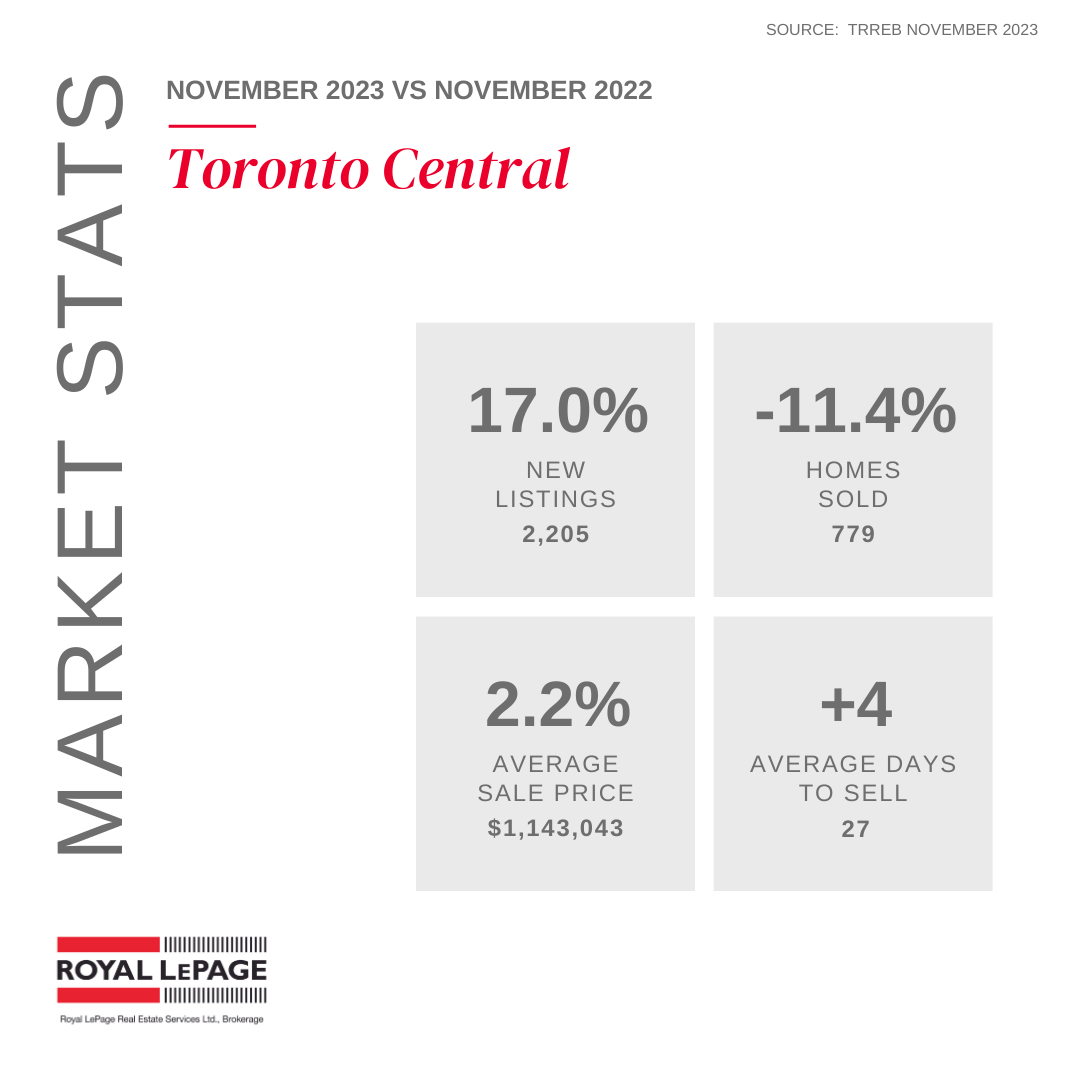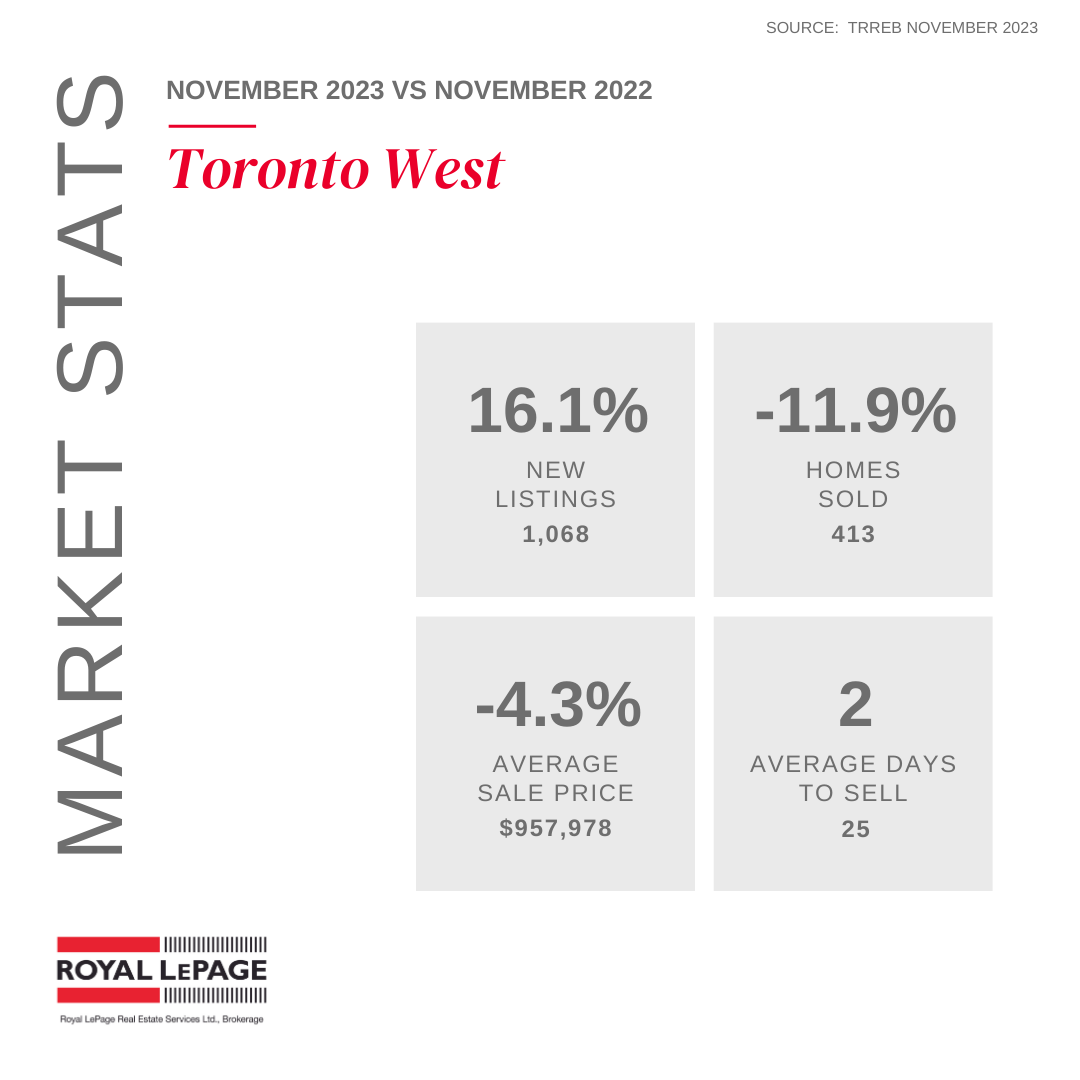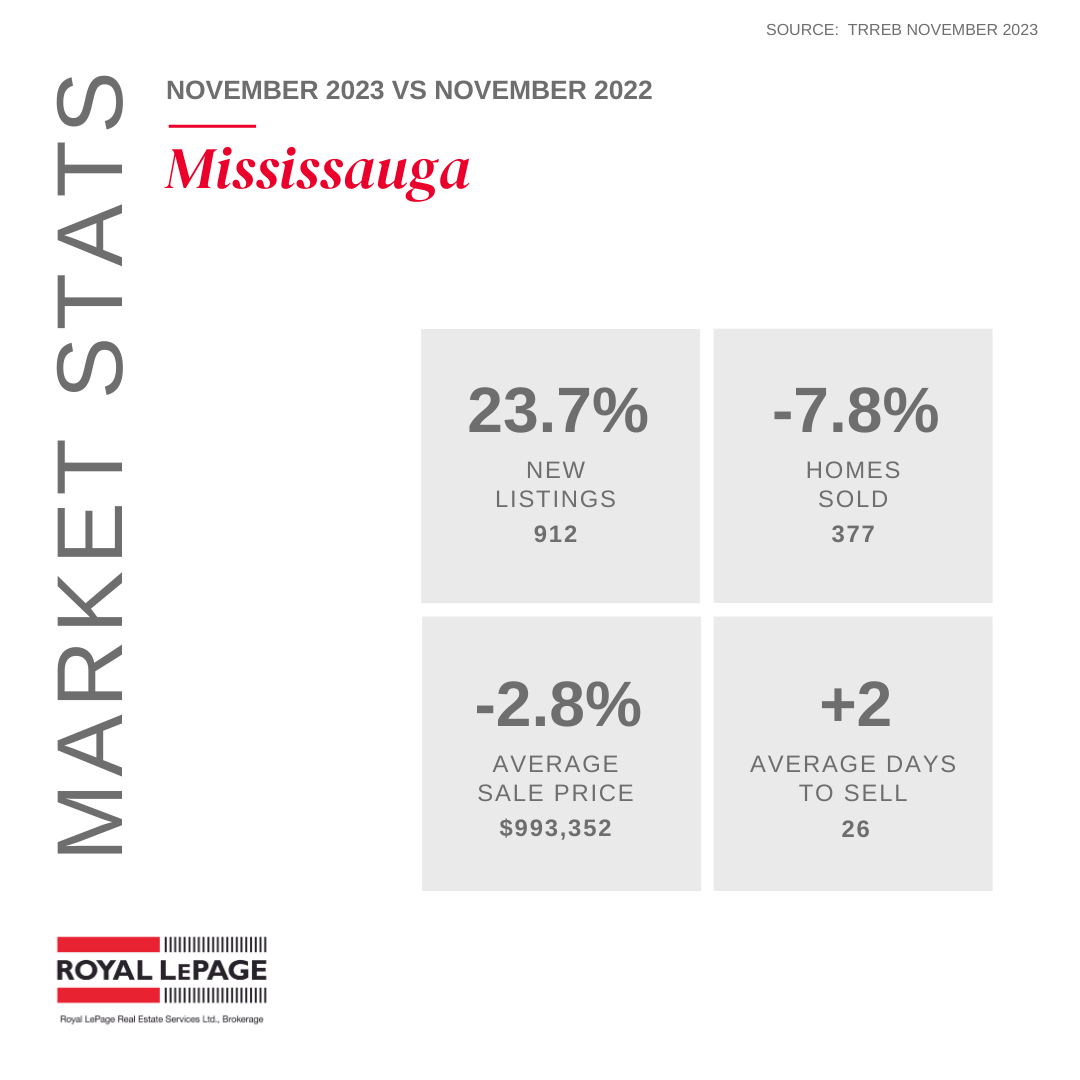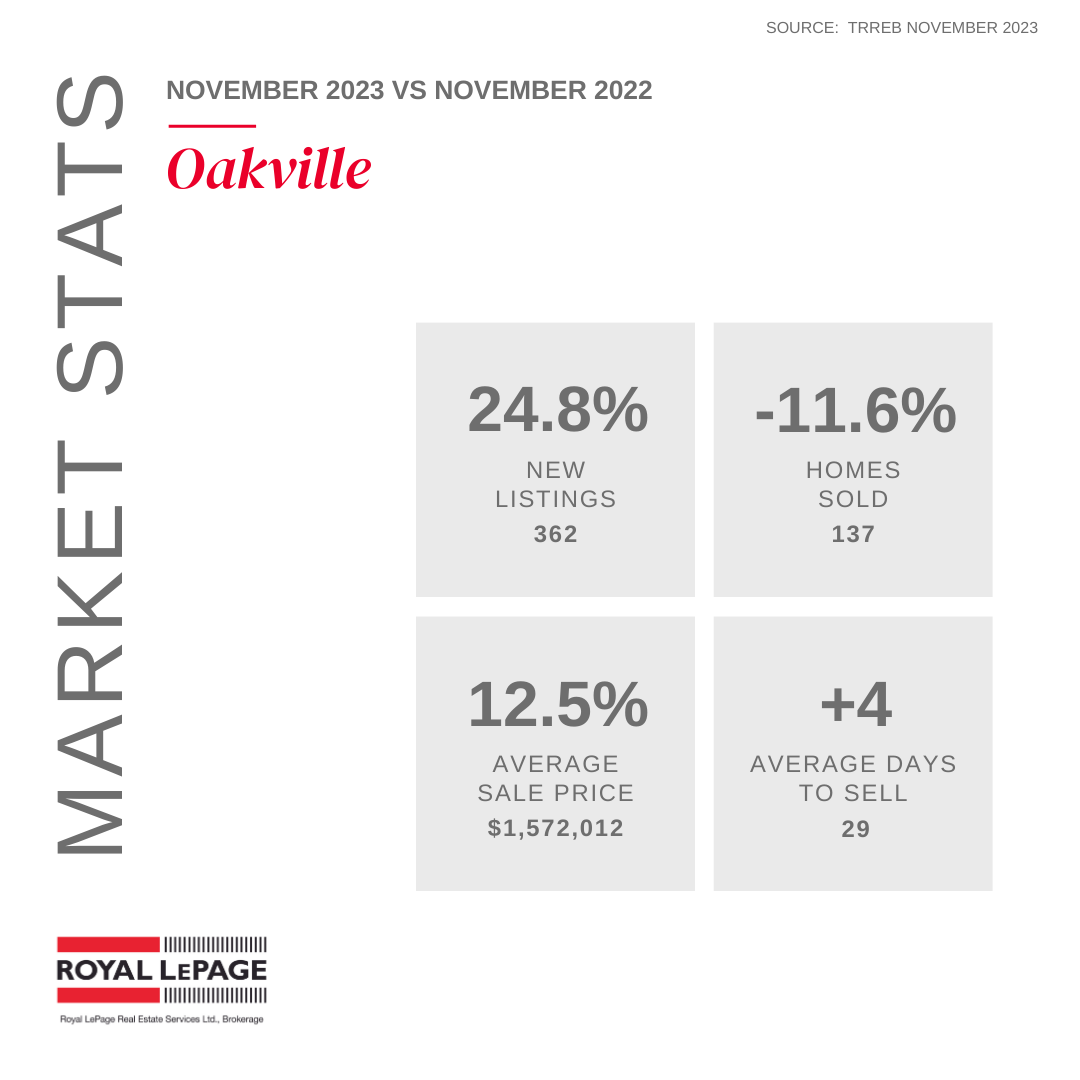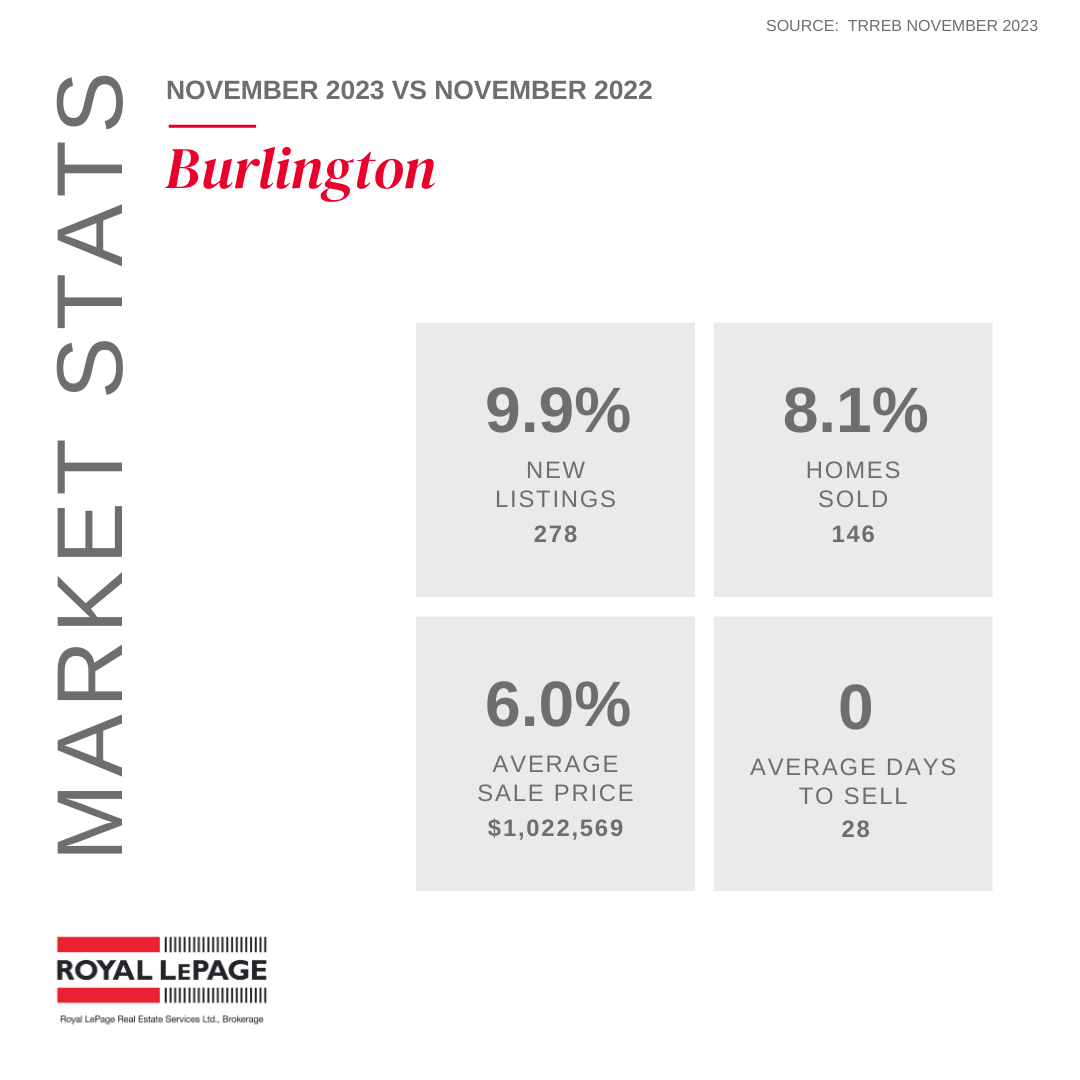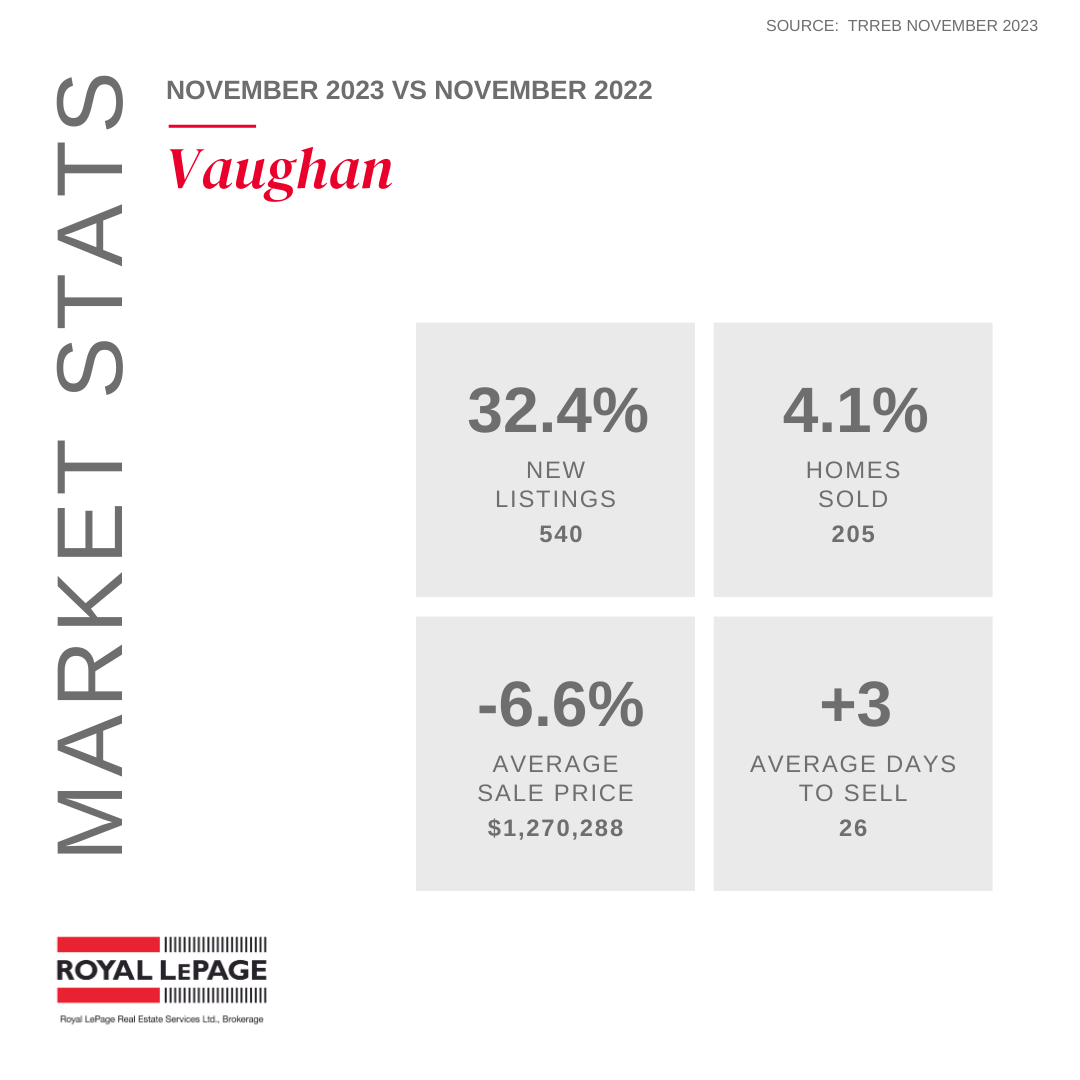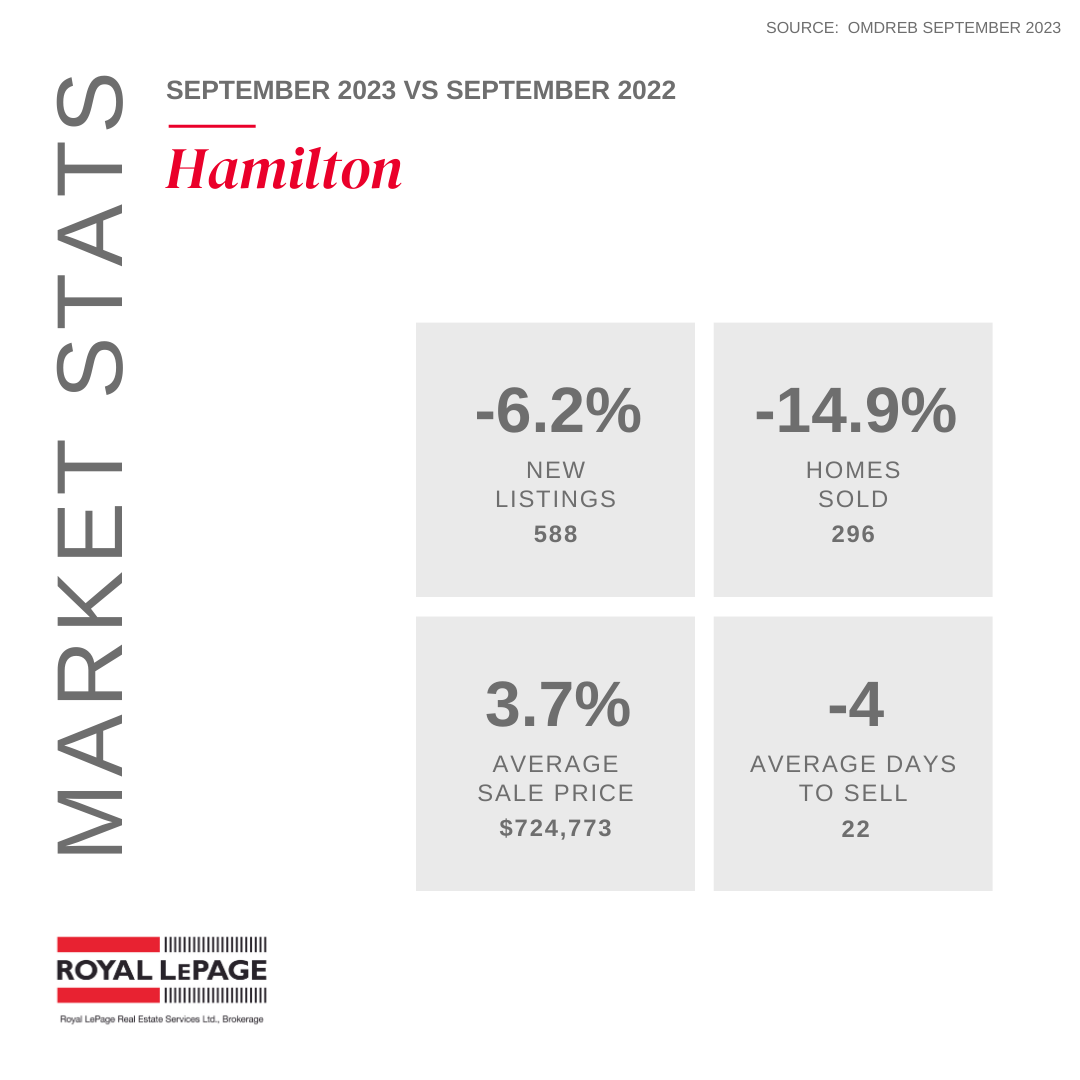The first quarter of 2025 has been marked by ongoing economic uncertainty, influenced by shifting trade policies and broader headline-driven volatility. Despite this, the average cost of a home across the GTA rose to $1,093,254 up 5 per cent from January’s low and 1 per cent month-over-month. Compared to March 2024, however, prices remain 2.5 per cent lower.
The most notable trend in March was the persistence of elevated inventory. Active listings rose from 19,536 in February to 23,462 in March—an increase of 20.1 per cent month-over-month. This places current inventory well above the ten-year average, continuing February’s trend of oversupply, which peaked at 93 per cent above historical norms. While sales increased by 24 per cent to 5,011 transactions, the additional listings have further shifted market conditions in favour of buyers.
Recent trade developments, including new tariff announcements on imported goods and automobiles, have added to market uncertainty. While the immediate effects on real estate are indirect, the potential for rising inflation and reduced consumer confidence could shape buyer sentiment in the months ahead.
Detached home prices held relatively flat, with the average sales price at $1,439,268, representing a monthly decline of less than half a per cent. Detached inventory dropped by approximately 2,000 properties, a 26.3 per cent decline, bringing the total to 5,804 active listings at the end of March. Sales increased to 2,155 homes under contract, a 26 per cent monthly gain, though still down 25 per cent compared to last year.
The condo market experienced a similar monthly dip of less than 1 per cent, with the average sales price at $682,019. Inventory fell sharply in this category, with 2,957 fewer active listings, resulting in a 38 per cent monthly decline. There are now 4,681 condos actively listed, a 40 per cent decline from last year’s monthly inventory average of 7,814. Condo sales increased by 14.6 per cent on a monthly basis, resulting in 1,404 sales during the month.
Townhome values once again surpassed the $1 million mark, with the average sale price reaching $1,001,043. Inventory dipped modestly, totalling 1,189 active listings, a 15 per cent monthly decline. Sales saw a 25 per cent monthly increase, with 505 properties going under contract during March.
Semi-detached homes posted the strongest monthly price gain among all asset classes, rising 3 per cent to an average sales price of $1,111,791. Inventory declined by 18 per cent, resulting in 767 active listings at month-end. Sales jumped 36 per cent month-over-month, with 485 semi-detached properties sold.
“Given the current trade uncertainty and the upcoming federal election, many households are likely taking a wait-and-see approach to home buying. If trade issues are solved or public policy choices help mitigate the impact of tariffs, home sales will likely increase. Home buyers need to feel their employment situation is solid before committing to monthly mortgage payments over the long term,” said TRREB’s Chief Information Officer Jason Mercer.
As the GTA moves into the spring market, signs of renewed activity are beginning to surface, even as overall market dynamics remain in flux. Contrary to expectations of tightening conditions, March brought a continued build-up in inventory, with active listings rising well above the ten-year average. This sustained supply has kept market conditions more favourable for buyers, even as sales trend upward. Price growth has been modest and uneven across asset classes, with semi-detached and townhomes showing stronger momentum, while condos and detached homes remain relatively stable. Although demand is improving, sales continue to trail historical norms, and broader economic forces—including interest rate sensitivity and trade-related uncertainty—remain influential. The months ahead will be critical in determining whether this elevated inventory converts into stronger absorption or maintains a more tempered market pace.
Photo above was taken on March 16, 2025
Toronto Skyline
#GTARealEstate #MarketReport2025 #TorontoRealEstate #RealEstateTrends #Homeownership #CondoMarket #TorontoHomes #PropertyValue #GTAHomes #MortgageRates #CanadianRealEstate #RoyalLePage #RealEstateNews #RealEstateInsights



